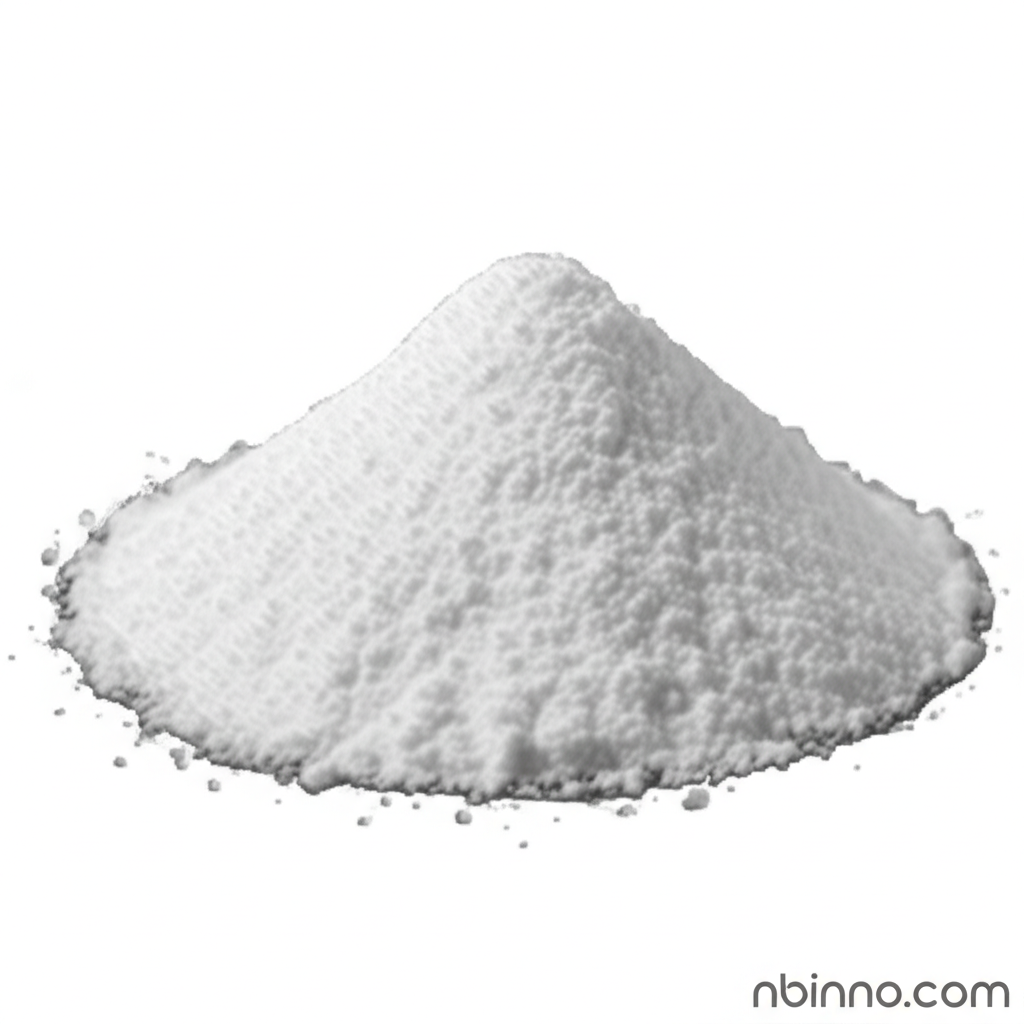Unlock the Power of EDTA: A Comprehensive Guide to its Applications and Benefits
Discover the versatile applications and essential benefits of Ethylenediaminetetraacetic Acid (EDTA) across industries.
Get a Quote & SampleProduct Core Value

Ethylenediaminetetraacetic Acid
Ethylenediaminetetraacetic Acid (EDTA) is a powerful organic compound renowned for its exceptional chelating properties. It effectively binds to a wide array of metal ions, forming stable complexes that are crucial for numerous industrial, pharmaceutical, and agricultural applications. Its ability to sequester metal ions prevents unwanted reactions, enhances product stability, and improves overall performance.
- Explore the EDTA chelating agent capabilities in sequestering metal ions to prevent degradation and improve product efficacy.
- Learn about the benefits of EDTA in various sectors, from industrial cleaning to its role as a food additive.
- Understand the core EDTA chemical properties that make it indispensable in applications like water treatment and detergent formulation.
- Discover how EDTA works by forming stable complexes with metal ions, thereby controlling their reactivity and influence.
Key Advantages Offered
Enhanced Product Stability
EDTA's ability to bind metal ions prevents them from catalyzing degradation reactions, significantly enhancing the shelf life and stability of pharmaceuticals, cosmetics, and food products. This predictable performance is vital for maintaining product quality.
Improved Industrial Process Efficiency
In sectors like detergents and water treatment, EDTA plays a critical role. It prevents reactions with mineral deposits in hard water, improving soap quality and detergent performance. For EDTA in water treatment, it removes harmful metal ions, preventing scale formation in industrial systems.
Superior Agricultural Nutrient Delivery
EDTA in agriculture is used in fertilizers to ensure essential micronutrients like iron, manganese, and zinc are readily available to plants. By preventing precipitation, EDTA enhances fertilizer efficiency, promoting robust plant growth and optimal crop yields.
Key Applications
Water Treatment
EDTA is vital for removing heavy metals and other contaminants, enhancing water quality and preventing scale formation in industrial and municipal water systems.
Detergents
As a key ingredient, EDTA improves the performance of detergents and soaps by preventing reactions with mineral deposits in hard water, leading to better cleaning efficiency.
Food Industry
EDTA acts as a preservative and stabilizer, preventing discoloration and texture changes in foods and beverages by inactivating undesirable metal ions.
Agriculture
Used in fertilizers, EDTA enhances nutrient availability to plants by chelating essential micronutrients, thereby improving crop yields and quality.
